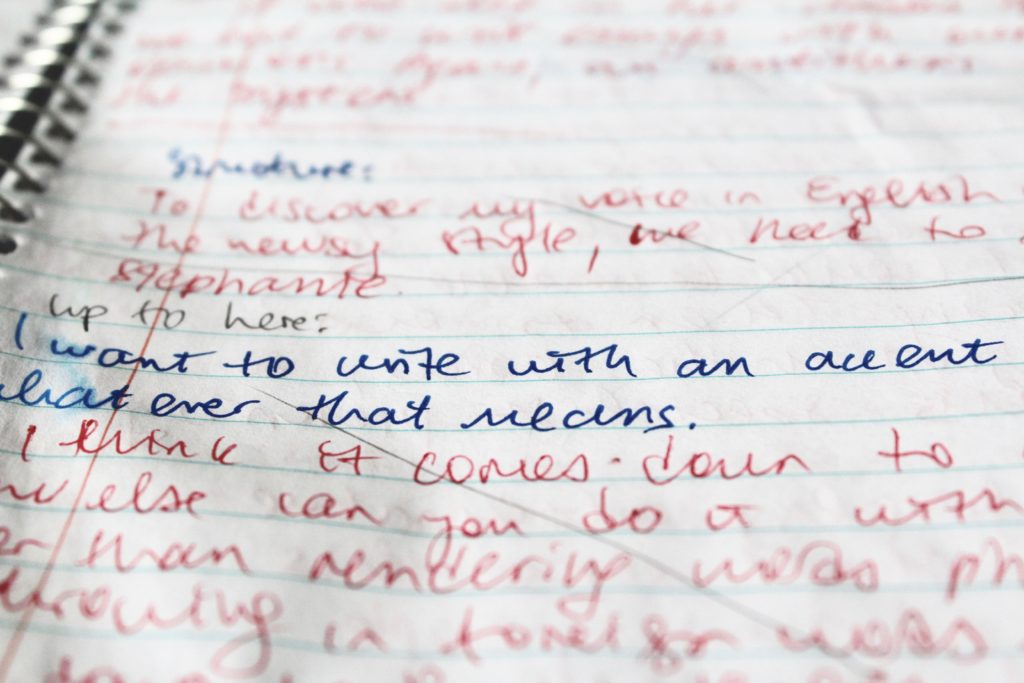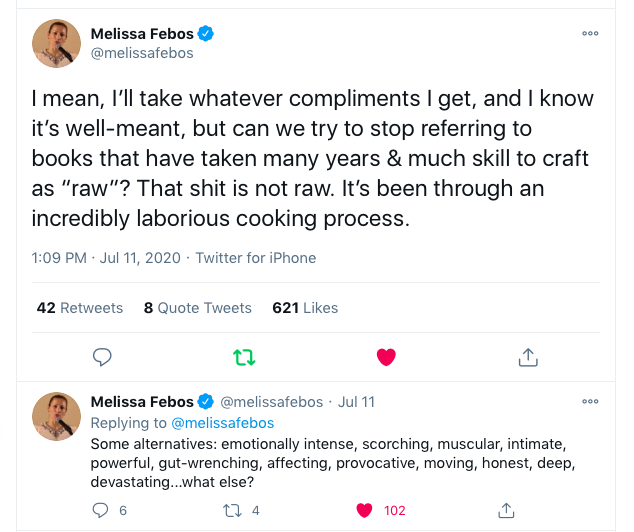By Yaldaz Sadakova

Late December is a special time for me because that’s when Foreignish was born.
On the evening of December 27, 2017, I started publishing Foreignish, the place where I share my personal essays and reflections about immigration.
For the third anniversary of my Capricorn passion project, I initially wanted to follow my tradition from previous years, which was to focus on lessons I’d learned while running Foreignish.
But when I started considering what I would say about my third year of running Foreignish, the idea of talking about lessons didn’t appeal to me.
I didn’t feel like reducing to a listicle of lessons the tumultuous, horrendous year that 2020 has been—a year of a racial reckoning and a pandemic which has exposed so many inequities.
The pandemic directly affected my own family in Bulgaria when my mom’s partner was hospitalized with COVID-19 in November.
Luckily, he’s back home and recovering, which is nothing short of a miracle given his age and heart problems. It has been a scary experience, though.
So I knew I didn’t want to talk about lessons, but I wasn’t quite sure what I wanted to talk about.
In the end, I decided to do what I often do when I feel creatively stuck: pull a tarot card in hopes that it will help me come up with ideas.
Most people associate tarot cards with divination. However, they are also a great creativity and brainstorming tool thanks to the powerful archetypal images and symbols they depict.
I closed my eyes, took a few deep breaths and asked myself, What do I need to understand about the past year in terms of running Foreignish? What can I highlight and write about?
Then I shuffled my Golden Art Nouveau Tarot deck and pulled a card.

Eight of Pentacles. One of my favorite cards. I love the artisan working meticulously and in solitude on their craft.
The traditional meaning of this card is acquiring skills and mastering your craft. It’s a card about practicality, industriousness, diligence, attention to detail and perfectionism.
It belongs to the Pentacles suit of tarot, which is concerned with the practical and material things in life, such as work, money, real estate and physical comfort.
In tarot, each card corresponds to an astrological sign or planet—or a combination of both, such as Moon in Taurus or Venus in Scorpio.
Eight of Pentacles corresponds to Sun in Virgo: hence the themes of work, skill development and meticulousness associated with the Virgo archetype.
To me, the Eight of Pentacles card also speaks to the writing process, which is very solitary and requires attention to detail, research and multiple drafts.
The card perfectly captures the invisible grunt work that is a necessary part of every writing project.
So how did these themes of diligence, attention to detail and going over multiple iterations show up in the context of my Foreignish work?
Thorough, Not Slow
These themes applied to all the pieces I published in 2020—especially my personal essay on becoming a Canadian citizen, a story that involved extensive research about the disturbing truth of how Canada came to be.
Actually, the themes of diligence and multiple revisions apply to all my Foreignish writing.
Every single story I’ve published here has gone through numerous drafts and painstaking edits over the course of several months.
Many people might be surprised to hear that a long-form personal essay takes months rather than a few days or weeks to complete.
One of the words readers often use to describe my Foreignish writing is raw.
I always take it as a compliment. I know what they mean is that they find my writing to be authentic, relatable, personal and moving.
But, as writer Melissa Febos pointed out on Twitter in a similar context, “That shit is not raw. It’s been through an incredibly laborious cooking process.”

I used to think this “cooking” process takes me a long time because I’m a slow writer.
Now that I know how memoir writing works and what it entails, I see that this view is inaccurate.
Now I realize that thorough is a much more accurate description of who I am as a writer.
Sure, I can quickly jot down my memories, do some light proofing and hit publish, without giving much thought to whether the resulting piece amounts to anything more than a list of events—or whether it makes sense to anyone who doesn’t know my life.
But I hate sloppiness. If I’m putting my writing out into the world, I’ll do whatever I can to ensure that it’s meaningful, well-thought-out and engaging.
I’ve never been one of these overconfident fast writes who churn out stuff at the speed of light, but then it turns out their work is full of mistakes, a slog to read through or simply uninspiring.
A rule of thumb about writing in general is that if it’s difficult or confusing to read, the writer didn’t invest enough effort and time to clarify and organize their thoughts.
If it’s easy and smooth to read, the writer put in a lot of work to transform a messy first draft (yes, all first drafts are messy) into something coherent.
The Fun of Formatting
The Eight of Pentacles themes also showed up for me in 2020 through a book project.
In mid-March, as the world entered lockdown, I published The Wrong Passport, a paperback collection of my Foreignish personal essays.
Preparing the book for publication was a laborious, finicky process that took much longer than expected.
I also had to learn new skills I wasn’t comfortable with, skills I found super annoying, such as advanced manuscript formatting and book cover design.
But I’ve already talked and written about how this book came to be, and what it means for me, so I don’t want to repeat myself here.
If Not Now, When?
There was another big project in 2020 that required multiple drafts, research and attention to detail—something I never mentioned publicly during the year.
In the spring, I decided to revise a novel about immigration and statelessness set in Brussels, which I had written a few years earlier.
I had set it aside after sending some queries without any success.
Now, however, I felt the need to return to that story. I didn’t like the idea of putting it off, of using lack of time as an excuse.
There reality is, it’s never easy to fit into your schedule a large unpaid project whose prospects are uncertain. Now is as good a time as any, I told myself.
I wanted to get it over with so I could start working on another book.
I knew this decision meant that I would have to put Foreignish on the back burner for a few months, which would mean publishing fewer stories, which in turn would lead to fewer website visits and slower social media growth.
If you’re not writing often, people forget about you. The Internet rewards speed and volume.
And there’s the old rule I learned in journalism that you’re only as good as your last story.
Still, I reminded myself that Foreignish is not a job for me. It’s my creativity outlet and my passion project.
I get to write when I want on whatever topic I want—and it just so happens that this writing resonates with certain people.
So I returned to my novel. I did a complete overhaul of the manuscript. I changed major aspects of the plot. And I decided that I would try querying again instead of self-publishing.
In fact, just a couple of weeks ago, I got a rejection. It stung.
But I told myself rejection shows that I’m putting myself out there. And that every no brings me closer to the one yes I need. ♦
ALSO READ
Cultivating the Courage to Tell My Immigration Stories
Things I Wish Someone Had Told Me When I Began Self-Publishing My Writing


